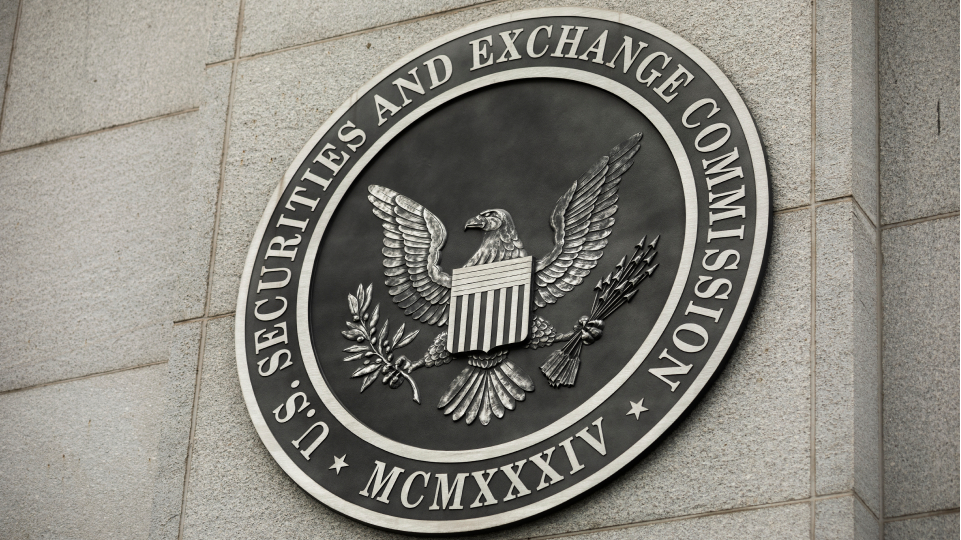|
Getting your Trinity Audio player ready...
|
- In the world of cryptocurrencies, there is a conflict brewing between the Securities and Exchange Commission (SEC) and two prominent altcoin organizations, namely the Solana Foundation and Polygon Labs.
- Following the SEC’s allegations, both SOL and MATIC experienced a significant decline in their market value. In response, their respective parent organizations stepped in to challenge the SEC’s assertions.
In the world of cryptocurrencies, there is a conflict brewing between the Securities and Exchange Commission (SEC) and two prominent altcoin organizations, namely the Solana Foundation and Polygon Labs. The source of their disagreement arises from recent allegations made by the SEC, asserting that SOL and MATIC, along with ADA, are unregistered securities. Understandably, the accused entities are not pleased with these claims.
Following the SEC’s allegations, both SOL and MATIC experienced a significant decline in their market value. In response, their respective parent organizations stepped in to challenge the SEC’s assertions. Polygon Labs swiftly reacted to the charges against MATIC, which was trading at $0.9 the previous week, claiming it to be an unregistered security. As a result of these allegations, MATIC’s price dropped first to $0.8 and then experienced a nearly 40% decrease, reaching $0.5.
Undeterred by the situation, Polygon Labs issued a strong rebuttal, stating that the development and deployment of the Polygon blockchain were focused on the global community outside of the United States. According to them,
“MATIC WAS A NECESSARY PART OF THE POLYGON TECHNOLOGY FROM DAY 1, ENSURING THAT THE NETWORK WOULD BE SECURE – AND REMAINS SO TO THIS DAY. GIVEN OUR FOCUS ON NETWORK SECURITY, WE MADE SURE MATIC WAS AVAILABLE TO A WIDE GROUP OF PERSONS, BUT ONLY WITH ACTIONS THAT DID NOT TARGET THE US AT ANY TIME.”
SOL followed a similar path as MATIC, starting at $22 the previous Sunday and dipping slightly below $20 during the week. However, it experienced a more significant drop of over 30% on Friday and Saturday. In response, the Solana Foundation expressed its disagreement with the SEC’s classification of SOL as a security. The Foundation stated its willingness to collaborate with regulators worldwide to establish clear legal frameworks but firmly rejected the SEC’s characterization of SOL.
These reactions clearly indicate that the influential players in the blockchain industry are not willing to back down when faced with regulatory scrutiny. The stage is now set for an intriguing battle between the SEC and these prominent cryptocurrency organizations as they defend the integrity and autonomy of their digital assets.
RELATED: Ripple vs SEC: How the Outcome Could Impact Coinbase and Binance
A lifelong learner with a thirst for knowledge, I am constantly seeking to understand the intricacies of the crypto world. Through my writing, I aim to share my insights and perspectives on the latest developments in the industry. I believe that crypto has the potential to create a more inclusive and equitable financial system, and I am committed to using my writing to promote its positive impact on the world.




